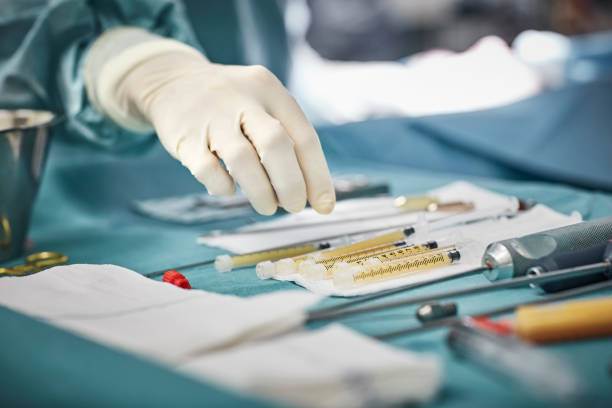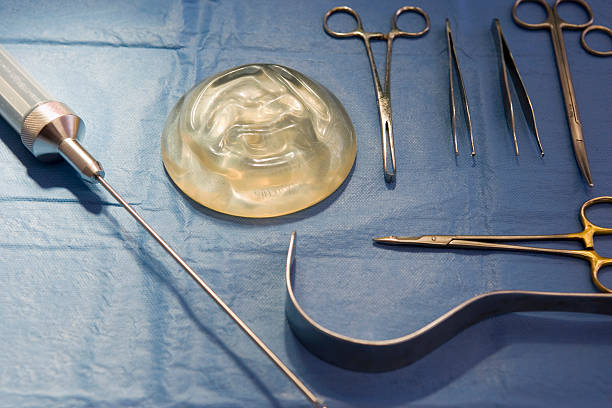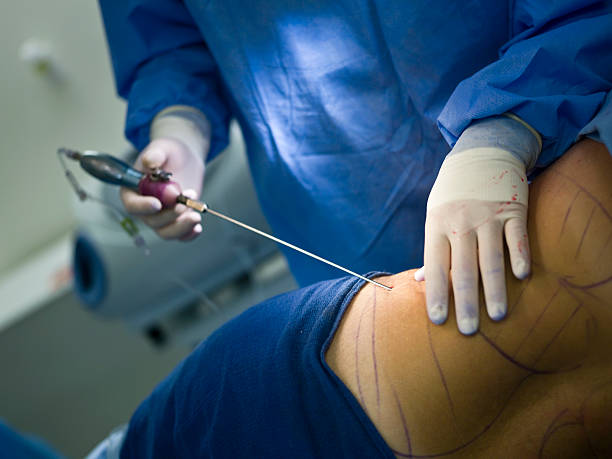
Physical appearance has always been an important element of human society; ever since we could perceive ourselves, we have used tools like makeup and hair trimmers. However, in a time where technology is more advanced than ever before, plastic surgery has become a new gateway for people to transform their looks. Some may want to boost self assurance, while others might feel the need to align to societal ideals; perhaps both of these motivations ring true for patients. A fascination with physical alteration through plastic surgery is undeniable, yet there is a complex relationship between these procedures and mental health that deserves closer examination.
While the possibilities of positive transformation are endless, plastic surgery presents equally expansive opportunities for grave error. These cosmetic procedures, if done correctly, could have a positive impact on self-image and overall quality of life. Between treating medical issues, physical discomfort or merely one’s self- esteem, the potential benefits can be transformative. However, within these shiny prospects lie inherent risks and complex situations that may derail the glamorous journey towards self-enhancement.

There is undoubtedly a mental health factor directly related to these procedures. Plastic surgery can often alter existing psychological issues or trigger new ones, overriding any initial intent.
While many patients may experience improved mental and physical well-being post- procedure, this correlation can not be ignored. For starters, expectations are often unrealistic, influenced by unattainable societal beauty standards; some patients may also suffer from Body Dysmorphic Disorder, which skews self-perception.
Plastic Surgery may not always produce ideal results, leading to dissatisfaction and emotional turmoil. Even worse, a “botched” surgery could potentially exacerbate mental health conditions, including OCD, depression and anxiety.

Aside from mental health, there are also a bevy of physical risks involved with cosmetic surgery. According to scientific research provided by PubMed Central, infections ranging from superficial cellulitis to deep-seated necrotizing fasciitis pose a considerable threat, often precipitated by various bacterial strains. These infections might manifest months or even years post-surgery, with risk factors like age, BMI, and immunosuppression heightening vulnerability. Implant-based reconstructions, especially in mesh implantation, elevate infection risks, potentially leading to severe consequences such as chronic wounds or life-threatening sepsis. Cosmetic procedures involving silicone injections, like buttock enhancements, demand vigilance due to potential granuloma formation and complications, necessitating meticulous treatment approaches like tetracyclines, steroids, or surgical excision.
Postoperative hemorrhage, albeit rare, remains a concern, primarily resulting from capillary disruptions or, in severe cases, organ or vascular perforation. Skin necrosis, though infrequent, is another critical issue. Often stemming from compromised tissue perfusion post-surgery, the condition may necessitate surgical intervention, antibiotics, or hyperbaric oxygen therapy.
Venous thromboembolism (VTE) emerges as a leading cause of postoperative mortality, particularly prevalent in surgeries like liposuction or abdominoplasty. Fat embolism syndrome (FES) poses a significant risk during liposuction, potentially leading to pulmonary complications, neurologic symptoms, and a distinctive petechial rash. Visceral perforation, though less common, demands prompt evaluation due to its severe implications, often necessitating surgical intervention and aggressive management.
These complications underscore the importance of thorough preoperative assessments, vigilant intraoperative care, and comprehensive postoperative monitoring to mitigate risks and promptly address any emergent issues. These crucial steps can ensure patient safety and optimal outcomes in cosmetic surgery.
Understanding the vulnerability of certain individuals is equally important. In terms of psychology, those with a history of mental health disorders or a tendency to obsess over physical appearance are at higher risk of developing severe emotional consequences. Additionally, unrealistic expectations and the lack of a strong support system heighten susceptibility.
Post-surgery, persistent feelings of sadness, anxiety, or dissatisfaction warrant mental health support. Signs like a negative body image, obsession with appearance, or strained relationships indicate a need for intervention. Additionally, potential correlations between childhood psychological trauma and seeking cosmetic surgery in adulthood demands a nuanced perspective. While surgery may offer a semblance of control, it's essential for at-risk patients to address underlying psychological wounds first.
Prioritizing mental health in terms of these procedures necessitates a balanced outlook, professional guidance, and a reassessment of societal norms surrounding body image. Acknowledging potential impacts on mental health allows individuals to embark on this journey with informed perspectives and a greater emphasis on mental wellness. Embracing oneself transcends physical alterations; it's a celebration of authenticity and self-acceptance.
Share This Post On
0 comments
Leave a comment
You need to login to leave a comment. Log-in





